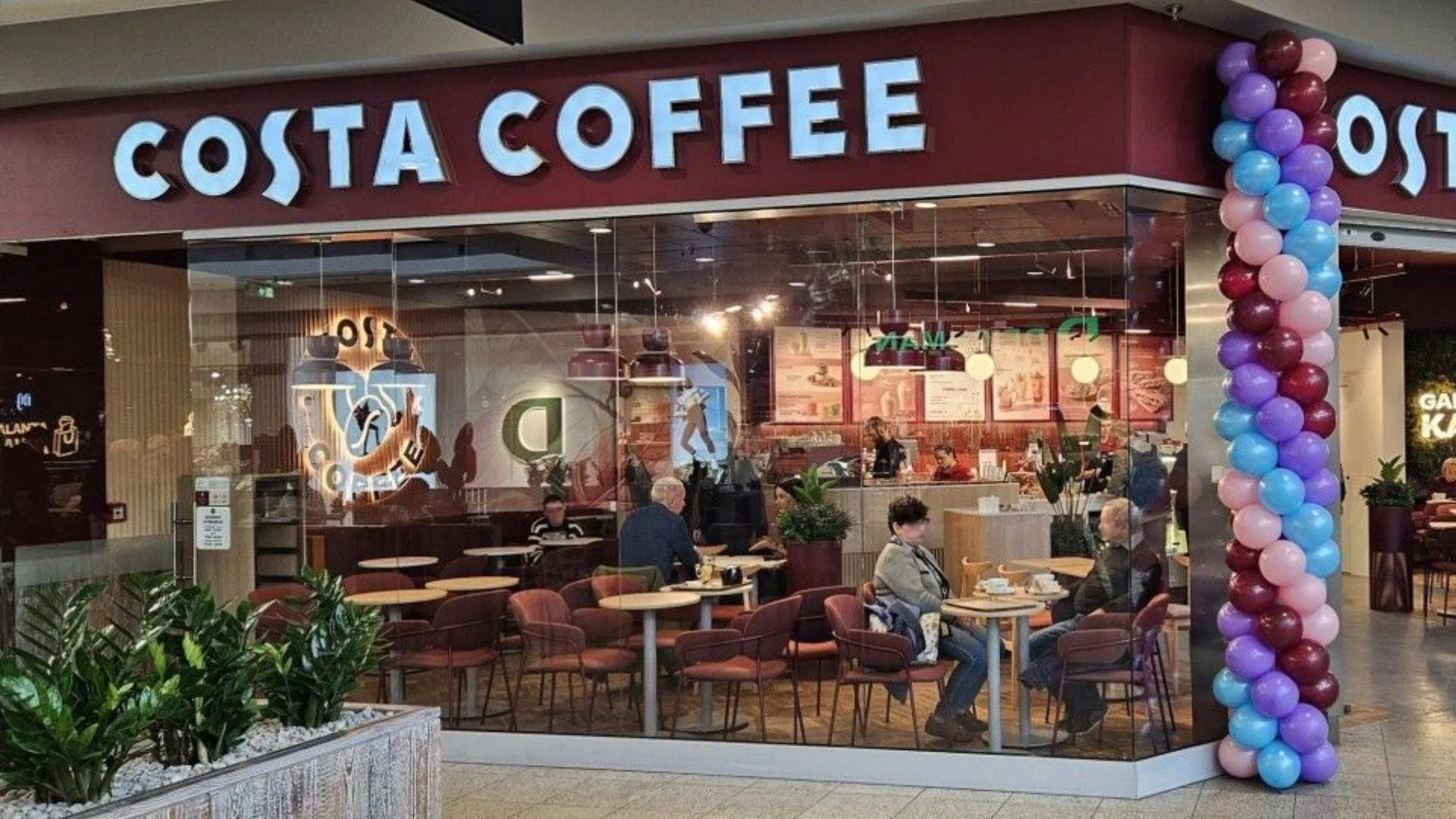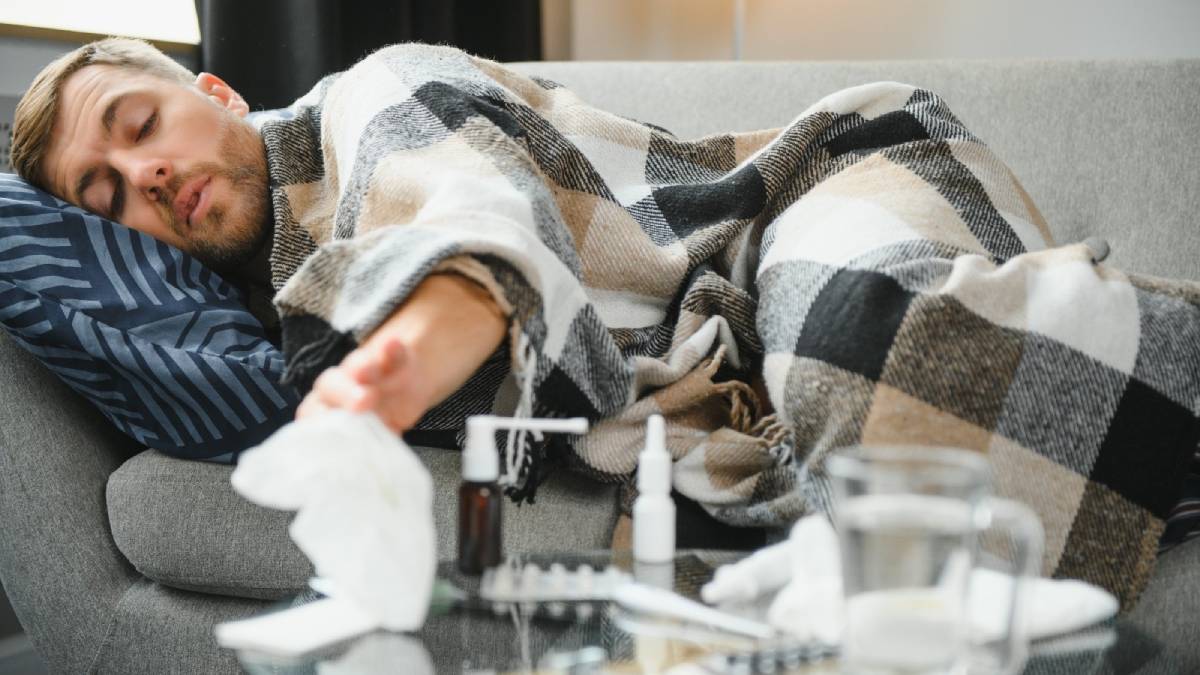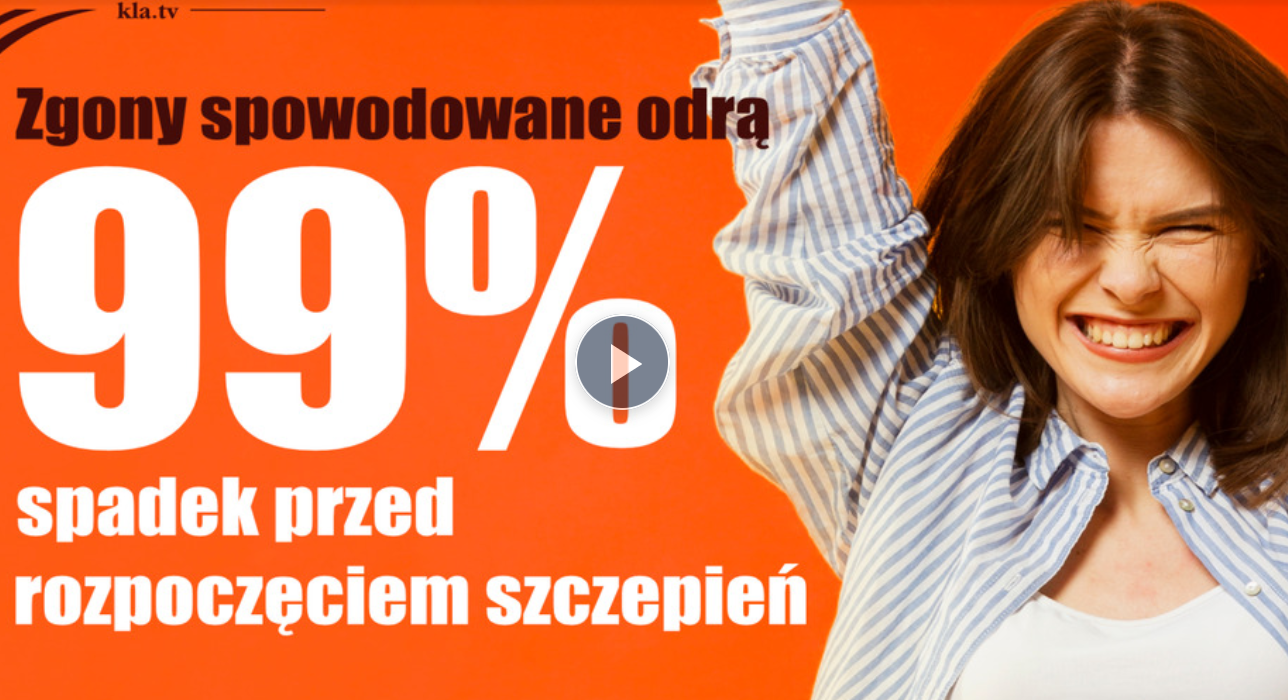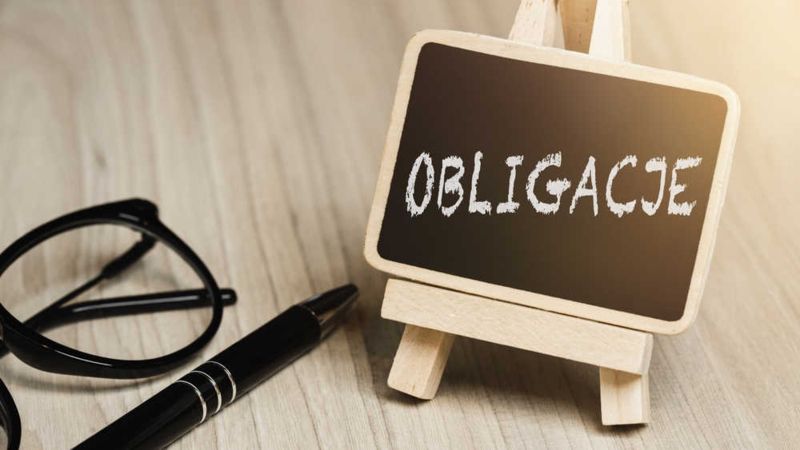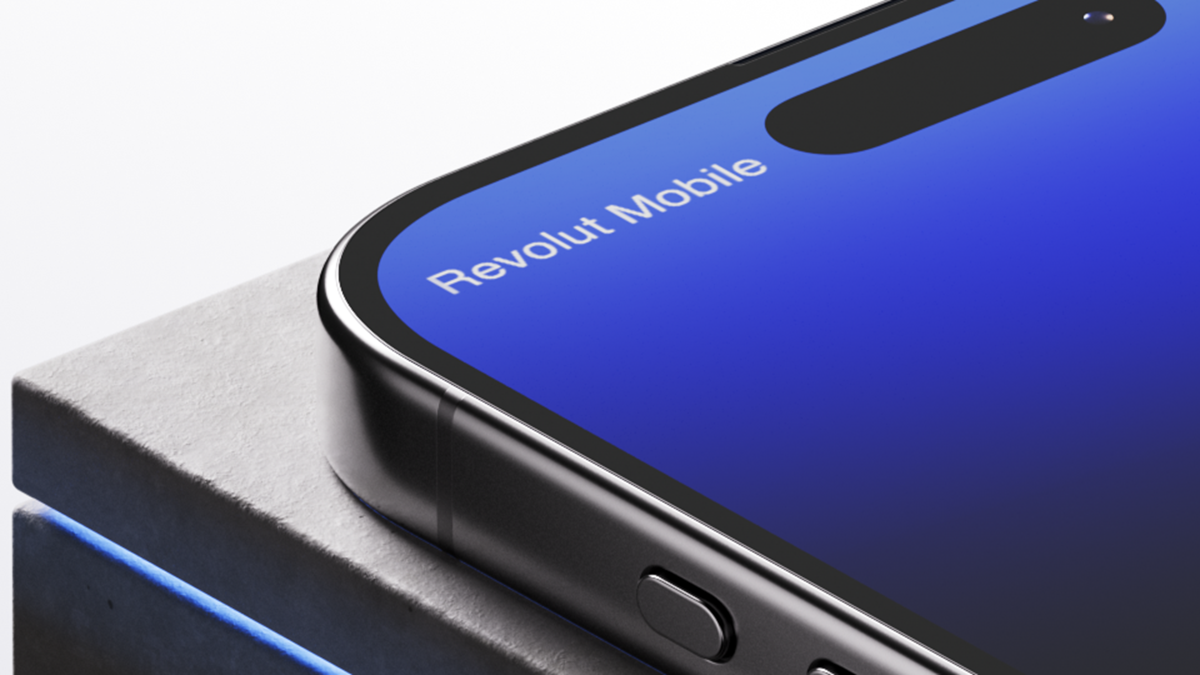England's chief medical officer Professor Sir Chris Whitty has admitted the government could have taken a "more liberal" approach to outdoor time during the Covid-19 pandemic. Speaking at the UK Covid-19 Public Inquiry, he said he couldn't see the logic of restricting outdoor activities from an infection control perspective.
From March 23, 2020, people were ordered to "stay home" with limited exceptions for shopping, medical appointments, work travel and "one form of exercise a day". Sir Chris told the inquiry this restriction "almost happened by accident" and should have been reconsidered.
"If we were running things again, this is one of the areas where I think I would have preferred a policy that was more liberal about children's play," he said. He emphasised this view wasn't just hindsight, as he had concerns about outdoor restrictions at the time.
Evidence on outdoor safety
Senior scientists on the Scientific Advisory Group for Emergencies (Sage) had discussed evidence that outdoor activities were safer than indoor ones just weeks into lockdown. Sir Chris told the inquiry there was "quite a strong view among Sage that outdoors was a lot safer than indoors already" by April 14, 2020.
Children's playgrounds didn't reopen until July 2020, despite the early evidence. Sir Chris acknowledged that children's play "tends to be quite physically close" but said transmission risk remained high when people were "two inches apart" regardless of location, particularly if they "shout or sing or bellow or cough".
School closures defended
Sir Chris defended the decision to close schools, insisting more people would have died from Covid-19 without the measure. Schools in England closed on March 20, 2020, though they remained open for a small number of children including those of critical workers.
He described the pandemic as "the most extreme circumstances" where decision makers faced "very bad" choices. Sir Chris said not closing schools would have led to a higher peak in the pandemic, resulting in more direct deaths and overwhelming health services with dangerous indirect effects.
Sources used: "PA Media" Note: This article has been edited with the help of Artificial Intelligence.

